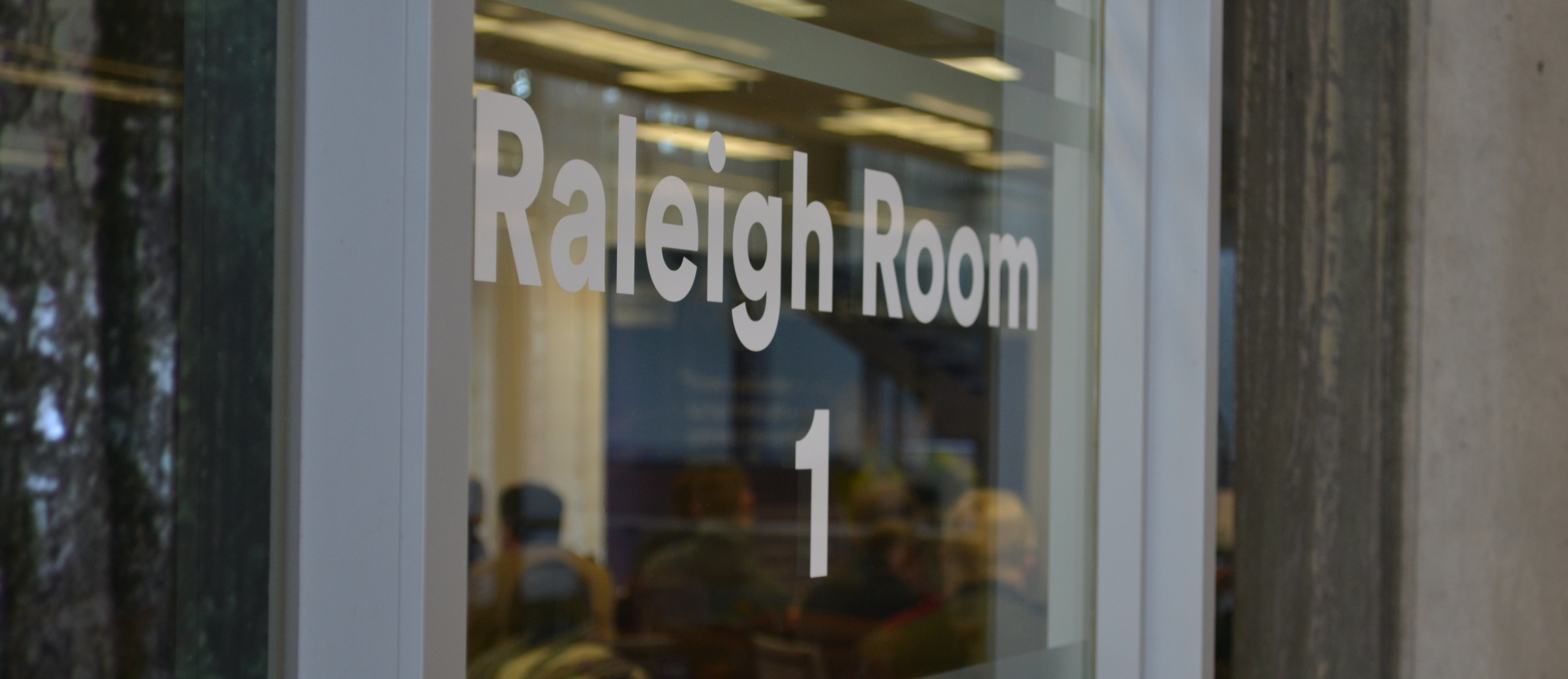;)
The inaugural session of our recent conference, spearheaded by Ali Motion, set the stage for profound discussions among policing professionals. Focusing on the five pivotal questions that senior policing leaders are currently grappling with, Ali’s presentation provided an overview of the key themes shaping our collective work.

Unpacking the five key questions:
- What is our demand? Ali delved into the intricacies of understanding the demand faced by police forces; Addressing how forces measure calls for service, scrutinizing the legitimacy of incidents on command-and-control systems, and navigating the complexities of planning in the face of increased and ever-changing demands all formed the crux of this exploration.
- Are our processes correct? This section focused on the processes within Force Control Rooms, emphasizing the significant impact decisions made within this function have on public expectations and the subsequent workload for response and investigative processes. It prompted reflection on the efficacy of existing processes in meeting the evolving needs of policing.
- What do our resources look like? Ali underscored challenges in policing resourcing, assessing the appropriateness of resource levels across functions and geographies, with a specific focus on experience levels. Notably, he shed light on the ‘growing pains’ associated with the recent increase in officer numbers and its cascading effects on workforce planning and supervisory ratios.
- Is technology an enabler or a blocker? Ali explored the role of technology as both an enabler and a potential hindrance, citing examples such as Rapid Video Response and its potential to transform the handling of initial Domestic Abuse reports. However, he highlighted the need for organisational changes to fully realise these benefits and pointed out challenges posed by new crime recording systems, impacting process times in crime recording.
- Do forces struggle with communicating change to the outside world? Acknowledging the heightened media scrutiny and public awareness of policing, Ali tackled the challenge of effectively communicating change. He explored instances such as HMIC inspections resulting in a singular grade, prompting a discussion on the potential short-term focus on the ‘here and now’ at the expense of essential long-term planning.
Ali’s keynote not only addressed pressing questions faced by senior policing leaders, but also set the tone for meaningful discussions at the conference. As we navigate the complex landscape of policing, these questions serve as guideposts for future strategies and collaborations.
For more insights and updates, stay connected with our ongoing conversations at www.processevolution.co.uk or reach out to us via email at info@processevolution.co.uk